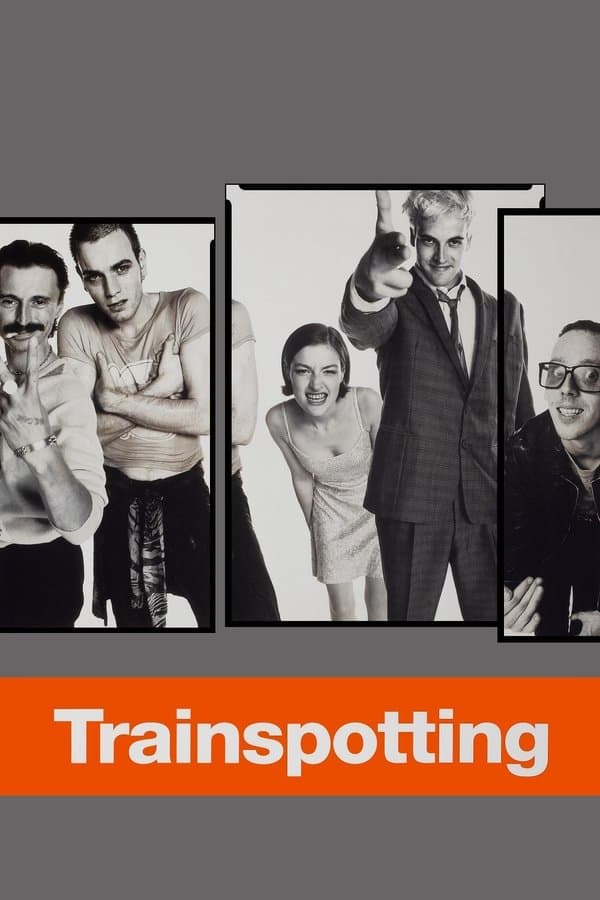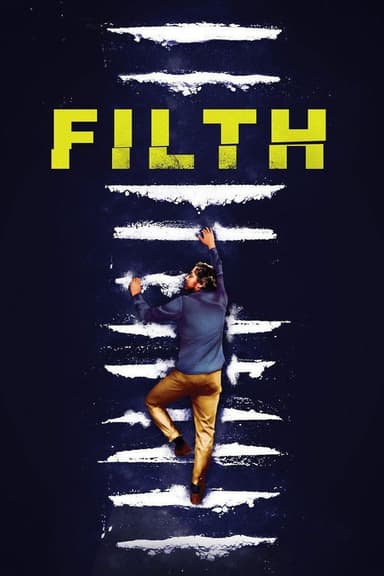
Trainspotting
1996 • Crime, Drama • R
Heroin addict Mark Renton stumbles through bad ideas and sobriety attempts with his unreliable friends --Sick Boy, Begbie, Spud and Tommy. He also has an underage girlfriend, Diane, along for the ride. After cleaning up and moving from Edinburgh to London, Mark finds he can't escape the life he left behind as Begbie and Sick Boy come knocking.
Runtime: 1h 34m
Why you should read the novel
Reading Irvine Welsh's Trainspotting plunges you deeper into the characters' minds than the movie ever could. The novel’s distinct slang, raw honesty, and shifting perspectives create a richer, more immersive experience. You'll encounter the world of Mark Renton and his friends in all its pain and bleak humor, filtered directly through their chaotic viewpoints.
The book lets you sit with uncomfortable moments instead of rushing through them. Welsh’s narrative feels like being trapped in the characters’ cycles of addiction, poverty, and fleeting joy, providing an intimacy and depth that the film’s compressed runtime and visual style can’t fully capture.
Trainspotting isn't just about heroin addiction; it’s a meditation on alienation, generational apathy, and the struggle to find meaning. Reading it offers a brutally honest, darkly funny ride that leaves a lasting impression, one that even Danny Boyle’s masterful film can’t quite replicate.
Adaptation differences
The most obvious difference between the adaptation and the book is the way the story is told. While the film mostly follows Renton as its central figure, the novel is much more fragmented, shifting between multiple narrators and dialects. This fragmented storytelling offers a more complex understanding of the entire friend group and their individual struggles.
Characters and scenes are also condensed or omitted completely in the adaptation. The movie leaves out several storylines and secondary characters from the book. For instance, the film streamlines Tommy’s arc and reduces the presence of certain friends whose subplots add layers of context in the novel.
Dark humor and surreal moments are amplified visually in the movie, but the novel’s humor and horror are interlaced with Scottish vernacular and inner monologue. The book’s language and structure are far more challenging but rewarding, offering linguistic and emotional complexity the film can only hint at.
Finally, the ending differs significantly. The film constructs a more redemptive or uplifting conclusion, emphasizing Renton’s attempt to break free from the cycle. In contrast, the book’s ending is bleaker and more ambiguous, mirroring the relentless despair its characters face. This leaves readers pondering their own interpretations rather than receiving cinematic closure.
Trainspotting inspired from
Trainspotting
by Irvine Welsh






